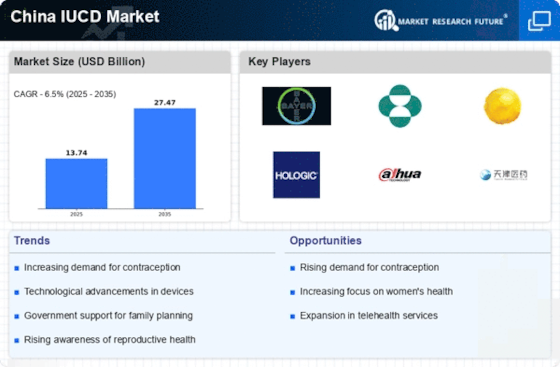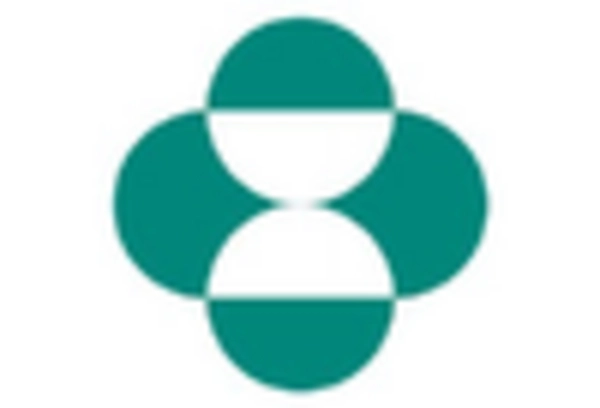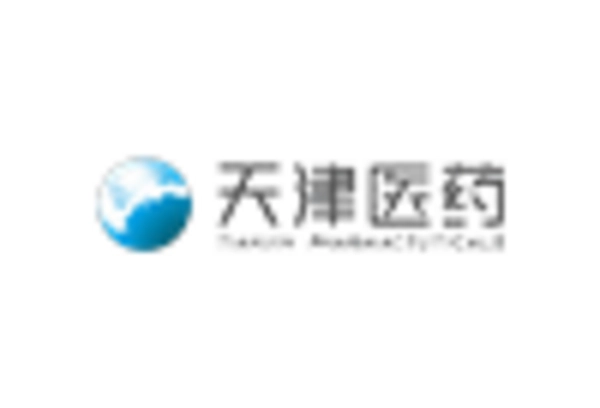Market Trends
Key Emerging Trends in the China IUCD Market
The Intrauterine Contraceptive Device (IUCD) market in China has seen huge patterns and advancements as of late. As an essential portion of the country's healthcare industry, the market has been impacted by different elements, mirroring the changing elements of regenerative health and family arranging. One eminent pattern is the rising awareness and acknowledgment of IUCDs among Chinese ladies. As awareness crusades and instructive drives pick up speed, more ladies are deciding on IUCDs as a dependable and long-haul contraceptive arrangement. This shift demonstrates a developing receptiveness towards family arranging techniques past customary methodologies. Urbanization and changing ways of life in China have added to the interest for advantageous and successful contraceptive strategies. As additional ladies seek after vocations and postpone beginning families, the requirement for genuine contraception choices has developed. IUCDs, offering a problem free and dependable arrangement, have acquired some decent forward movement in metropolitan communities. A noticeable pattern in the Chinese IUCD market is the inclination for non-hormonal choices. With a rising emphasis on staying away from hormonal incidental effects, ladies are choosing non-hormonal IUCDs. Producers are answering this interest by presenting various non-hormonal contraceptive devices, adding to market broadening. The overflow in web-based business and online stages has stretched out to the healthcare area, including contraceptives. Buyers in China are progressively open to buying healthcare items web based, prompting an ascent in the internet-based accessibility of IUCDs. This pattern is reshaping appropriation channels and impacting how customers access these items. While the metropolitan market for IUCDs is extending, challenges persevere in rustic regions. Restricted awareness, admittance to healthcare offices, and social variables add to bring down entrance rates in provincial districts. Overcoming this issue is quite difficult for market players and policymakers the same.


















Leave a Comment